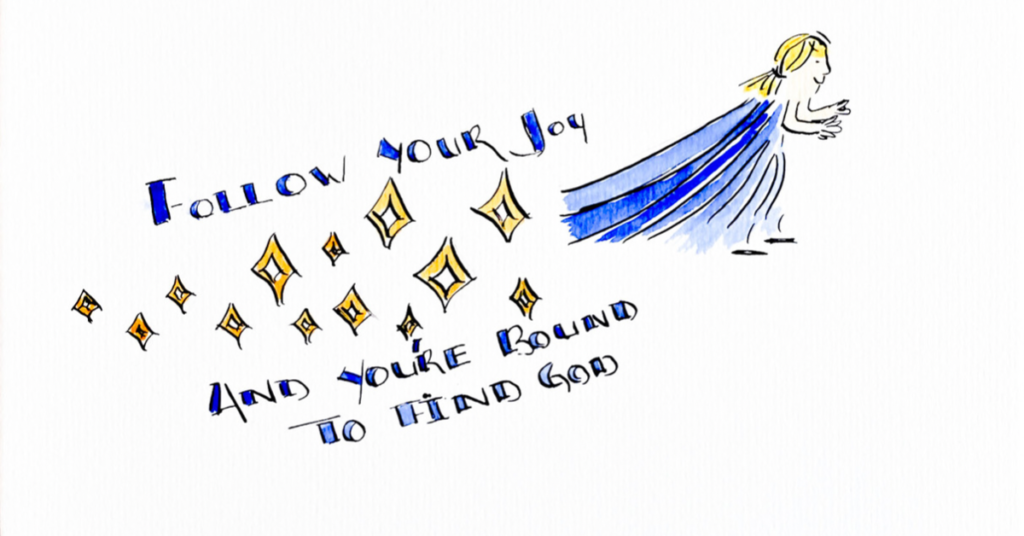These past few months, I have been healing from an eye surgery I was convinced would change my life. It has, I suppose, but not in the way I expected.
I was thrilled with the idea of a lens transplant and iris reconstruction, healing a wound from an accident that occurred when I was three years old. I will be the first to admit I had high hopes. How much more would I be able to see? How much richer would my life be with some healing in this area?
Weeks after the surgery, there were many elements that were still not managing to heal—far beyond the iris and lens. With each appointment, there was something new that was coming up. It all came to a head when I went in for a follow-up, and the eye pressure reader kept reporting “error.” What was happening was an off-the-chart reading that the device could not calculate.
While I’m told there is no way for me to guess my own eye pressure, I could have told them something was not quite right. I was experiencing a tightening above the eye and a deeper dull headache throughout the day. Even though I am still legally blind in my right eye, I could tell things were appearing in my limited sight that I couldn’t explain, some of them were the floating gray dots often associated with glaucoma.
When the surgeon came in to meet with me, he confirmed the reading and began asking strange questions about my heart and lung health. The medicine he was about to put me on would heal my eye, but in the process, it could have any number of harmful side effects on other parts of my body.
I reluctantly began using the medication only to realize a side effect we had not discussed. The world began to look like impenetrable darkness. Each morning when I woke up to begin the eye healing routine, my surroundings seemed to collapse towards me. My entire body began to slow: my legs couldn’t keep up with my three-year-old, my mind was clouded, and the idea of creating a plan for a few hours ahead seemed like climbing a mountain.
Suddenly, I felt like I was in the chair of the steady stream of clients I meet with who feel as if they are climbing out of the deepest pit toward joy. No matter what I did, life seemed bleak. I was knowingly plunging myself into a chemically induced depression. If I was going to sit here and allow the medicine to work, I was also going to allow learning and physical healing.
When we are in the darkness, it isn’t as easy as quickly spinning toward joy. When I spoke with clients about this prior, I would ask simple questions like: “What brings you joy?” And “What is holding you back from doing the thing that brings joy?
The difficulty is that grief and darkness have a powerful gravitational pull.
When my simple movements began to feel heavy—things that normally feel effortless—joy felt farther and farther away. It wasn’t as simple as reaching out and grasping joy. The things I was reaching out toward were devices for numbing.
One Sunday morning, I was given the gift of a quiet house and time to just be with God. I didn’t have any agenda except allowing peace to surround my heart. As I sat, the questions began to pile up: “God, how can you love me in this place?” Joy began to look less like a task to check off a list and more like a father looking at his child with unconditional love.
God became my joy.
I had to release all the things I thought I needed to do to obtain joy—all the movements I had been grasping toward and failing. Instead, I stopped myself in my tracks of striving and allowed for something new to be formed. This something was less superficial; instead, it touched and nurtured the painful part of myself.
In that place of darkness, God decided to do necessary work to show what true joy is in the penetrating glow of His love. Joy became less of an active doing and more of a quiet being.
Where is the darkness in your life today? How badly do you want to experience God-given joy? What does a quiet place look like for you today? What might God want to reveal for you in that place?

